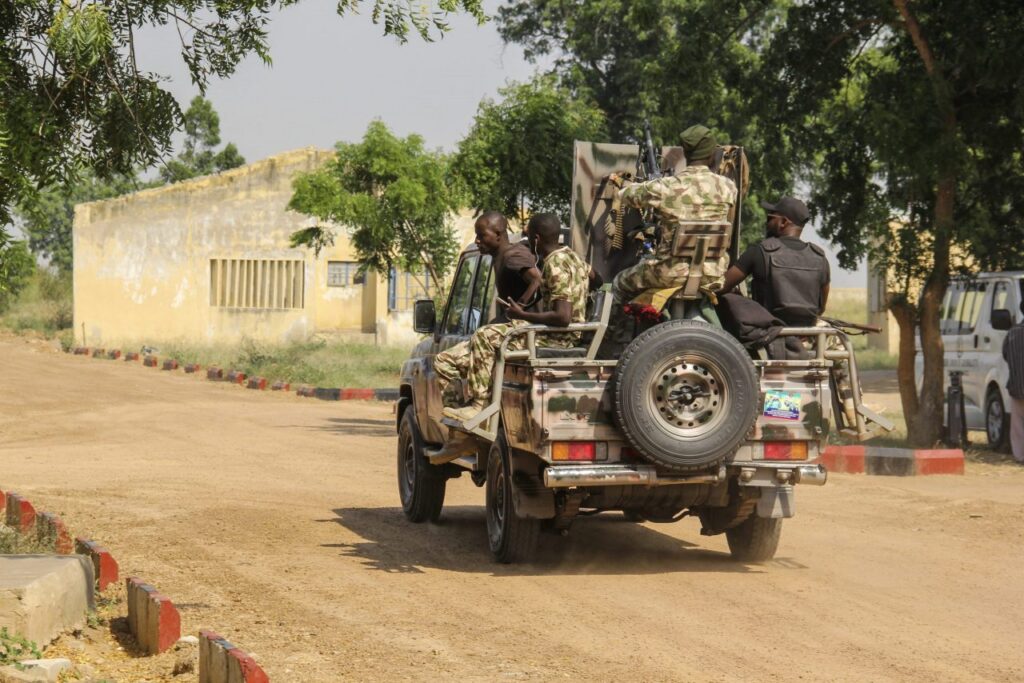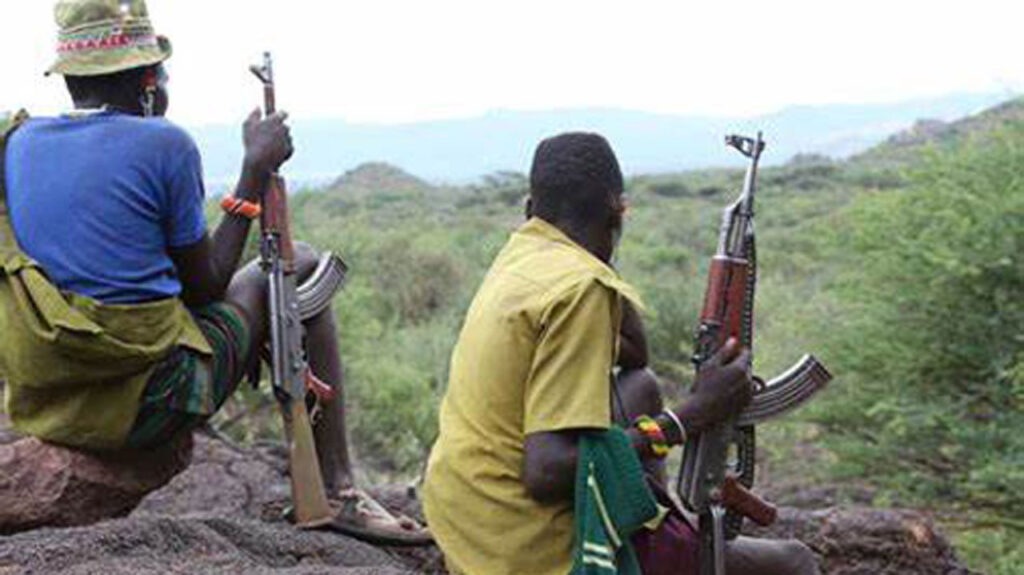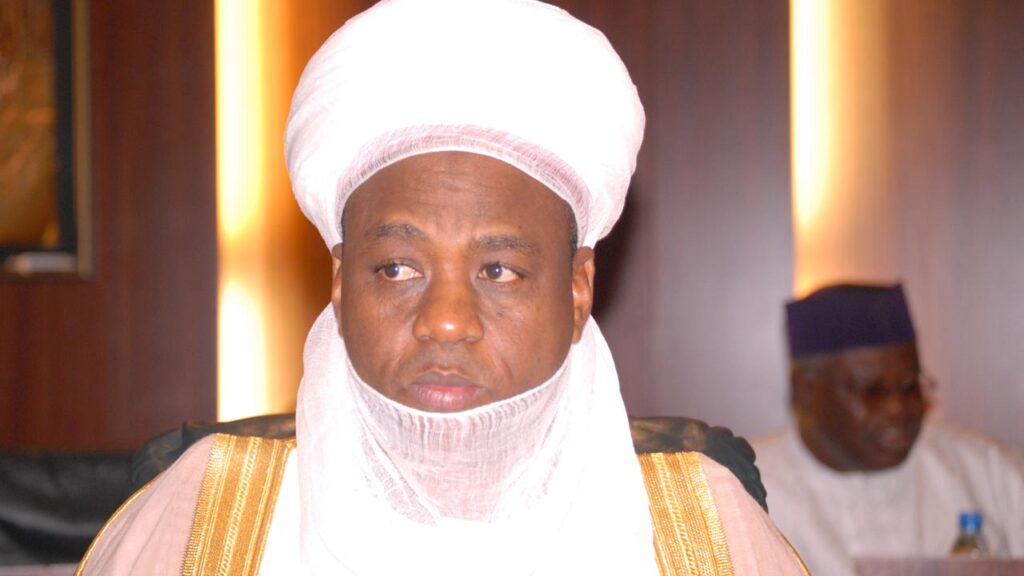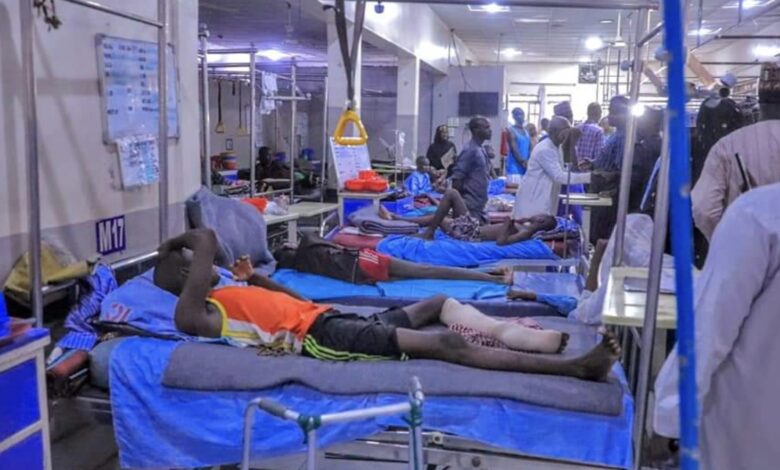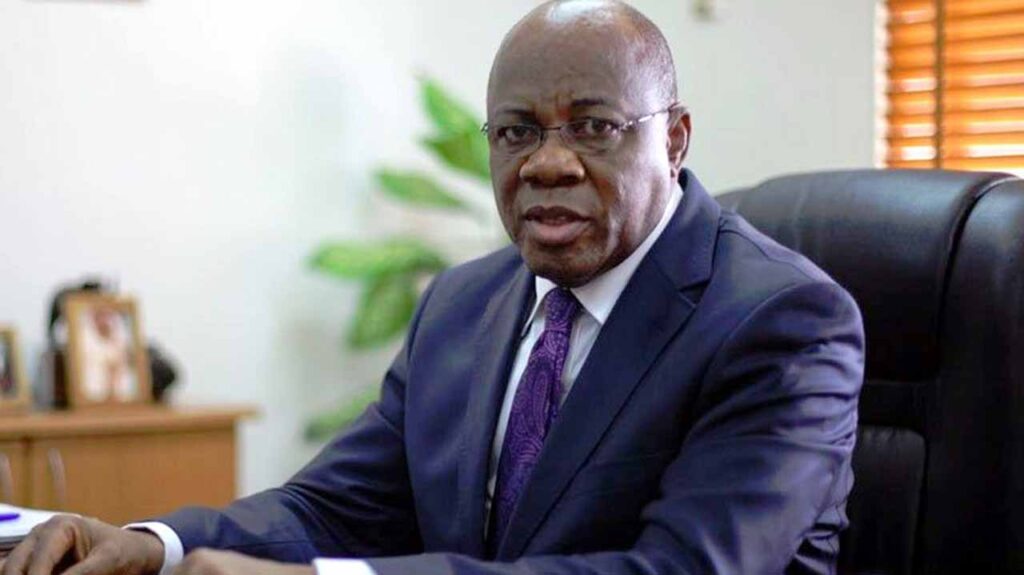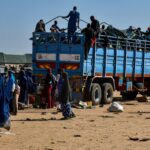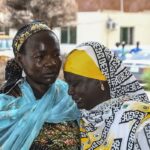
• Neutralise ISWAP commander in charge of car bombing, Muhammad
• Poverty, illiteracy key drivers of terrorism in Nigeria, says ICPC boss
The Defence Headquarters (DHQ), yesterday, said that troops had eliminated no fewer than 227 terrorists, apprehended 529 and rescued 253 kidnapped victims during ground and air operations across the country in the last one week.
Director, Defence Media Operations, Maj.-Gen. Edward Buba, disclosed this while briefing journalists in Abuja on the operations of the armed forces. Buba said the troops had recovered 231 assorted weapons and 6,441 assorted ammunition.
In a related operation, troops of Operation Desert Sanity III and Operation Hadin Kai have neutralised the ISWAP top commander in charge of vehicle bombing in Sambisa Forest, Mallam Muhammad.
Muhammadu was neutralised on May 14 after he made gradual but unprecedented incursions into the insurgents’ dens in Ukuba and Njimia in Bama council.
MEANWHILE, Chairman of the Independent Corrupt Practices and other related offences Commission (ICPC), Dr Musa Adamu Aliyu, has identified poverty and illiteracy as key drivers of terrorism in Nigeria.
Aliyu spoke, yesterday, in Abuja during a multi-stakeholders’ national dialogue on preventing terrorism financing and violent extremism organised by the Civil Society Legislative Advocacy Centre (CISLAC), in partnership with Transparency International in Nigeria (TI-Nigeria) and the Inter-Governmental Action Against Money Laundering in West Africa (GIABA ECOWAS).
According to him, it is imperative to combat extremism and violent dissent to address the underlying issues.The ICPC chairman also outlined the agency’s determination to dismantle intricate networks facilitating illicit financial flows, which sustain terrorism through arms procurement, terrorists’ recruitment and operational logistics.
Executive Director of CISLAC, Auwal Ibrahim Musa, who expressed concerns over the escalating financing of terrorist activities in Nigeria, stressed the need for collective action among stakeholders to combat terrorism and its adverse effects on poverty rates and internal displacement in the country.
Similarly, the Chairman of the Economic and Financial Crimes Commission (EFCC), Ola Olukoyede, highlighted the prolonged suffering endured by Nigerians in the North-East due to insurgency, banditry and kidnapping.
He said that despite numerous interventions, the situation persists, necessitating collaborative efforts among anti-graft agencies, military and para-military organisations to combat terrorism financing effectively.

